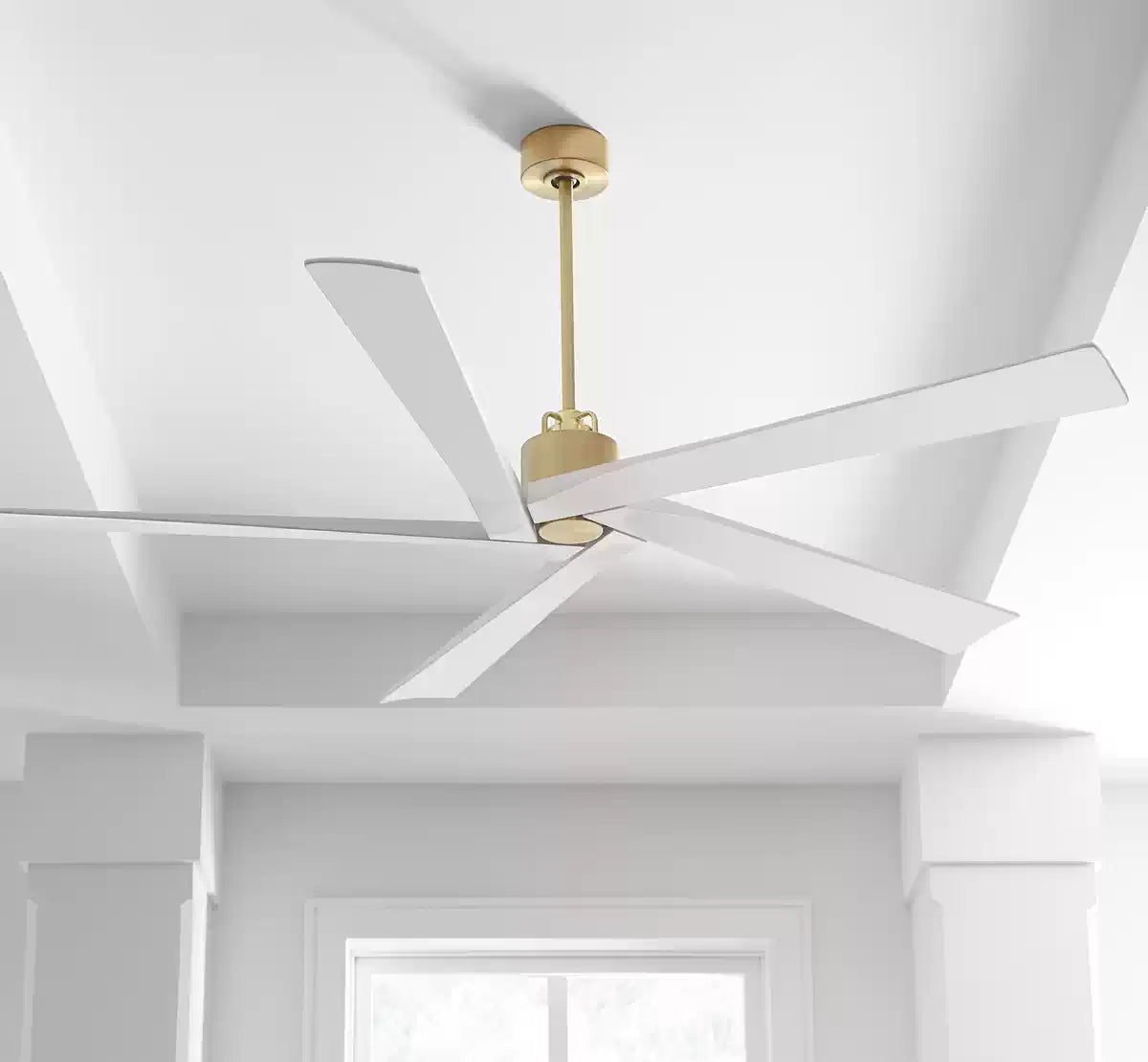Dimmer switches are a popular and practical way to control the brightness of lighting fixtures in your home. They allow you to adjust the intensity of the light, creating the perfect ambiance for any room or occasion. However, not all dimmer switches are created equal, and understanding the differences between single pole and 3-way dimmer switches is crucial when selecting the right one for your needs.
What is a Single Pole Dimmer Switch?
A single pole dimmer switch is the most basic and common type of dimmer switch. It is designed to control the brightness of a single light fixture or a group of fixtures that are wired together and controlled by a single switch. This type of dimmer switch is typically installed in a single-gang electrical box, replacing a traditional on/off light switch.

How Does a Single Pole Dimmer Switch Work?
Single pole dimmer switches work by regulating the flow of electricity to the light fixture(s). They use a variable resistor, often called a potentiometer, to control the amount of power delivered to the light, allowing the user to adjust the brightness from fully on to fully off.
Advantages and Disadvantages of Single Pole Dimmer Switches
Advantages:
- Simple and straightforward installation
- Cost-effective compared to 3-way dimmer switches
- Provides precise control over the brightness of a single light fixture or group of fixtures
Disadvantages:
- Can only control a single light fixture or group of fixtures from a single location
- Not suitable for rooms or areas with multiple entrances or exits, where the ability to control the lighting from different locations is desirable
What is a 3-Way Dimmer Switch?
A 3-way dimmer switch is designed to control the brightness of a light fixture from two different locations, such as the top and bottom of a staircase or at opposite ends of a hallway. This type of dimmer switch is typically installed in a 3-way switch system, which includes two 3-way switches and the light fixture(s) they control.

How Does a 3-Way Dimmer Switch Work?
3-way dimmer switches work by using an additional traveler wire to communicate between the two 3-way switches, allowing the user to control the brightness of the light fixture from either location. When one 3-way dimmer switch is adjusted, it sends a signal to the other 3-way dimmer switch, which then adjusts the brightness of the light accordingly.

Advantages and Disadvantages of 3-Way Dimmer Switches
Advantages:
- Allows for control of a light fixture from two different locations
- Provides greater flexibility and convenience in lighting control
- Suitable for rooms or areas with multiple entrances or exits
Disadvantages:
- More complex installation process compared to single pole dimmer switches
- Generally more expensive than single pole dimmer switches
- Requires additional wiring and a 3-way switch system
Which Dimmer Switch is Right for You?
The choice between a single pole or 3-way dimmer switch ultimately depends on the specific needs and layout of the space you're working with. If you only need to control the brightness of a single light fixture or a group of fixtures from a single location, a single pole dimmer switch may be the most practical and cost-effective option. However, if you have a room or area with multiple entrances or exits, and you want the ability to control the lighting from different locations, a 3-way dimmer switch would be the better choice.
Understanding the differences between single pole and 3-way dimmer switches is essential when it comes to selecting the right lighting control solution for your home. By considering the unique features and benefits of each type of dimmer switch, you can make an informed decision that will enhance the functionality and ambiance of your living spaces.










































































Leave a comment
All comments are moderated before being published.
This site is protected by hCaptcha and the hCaptcha Privacy Policy and Terms of Service apply.